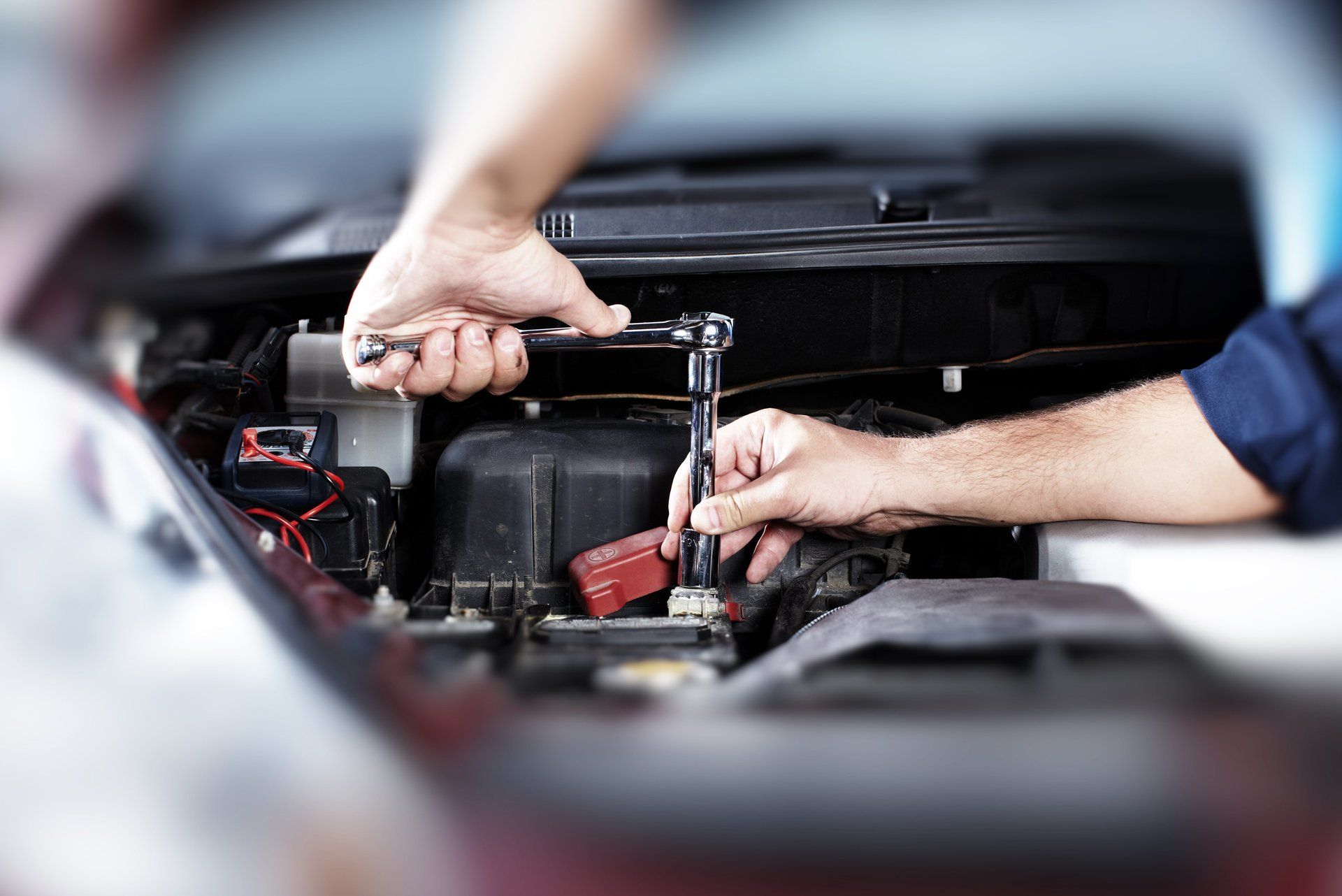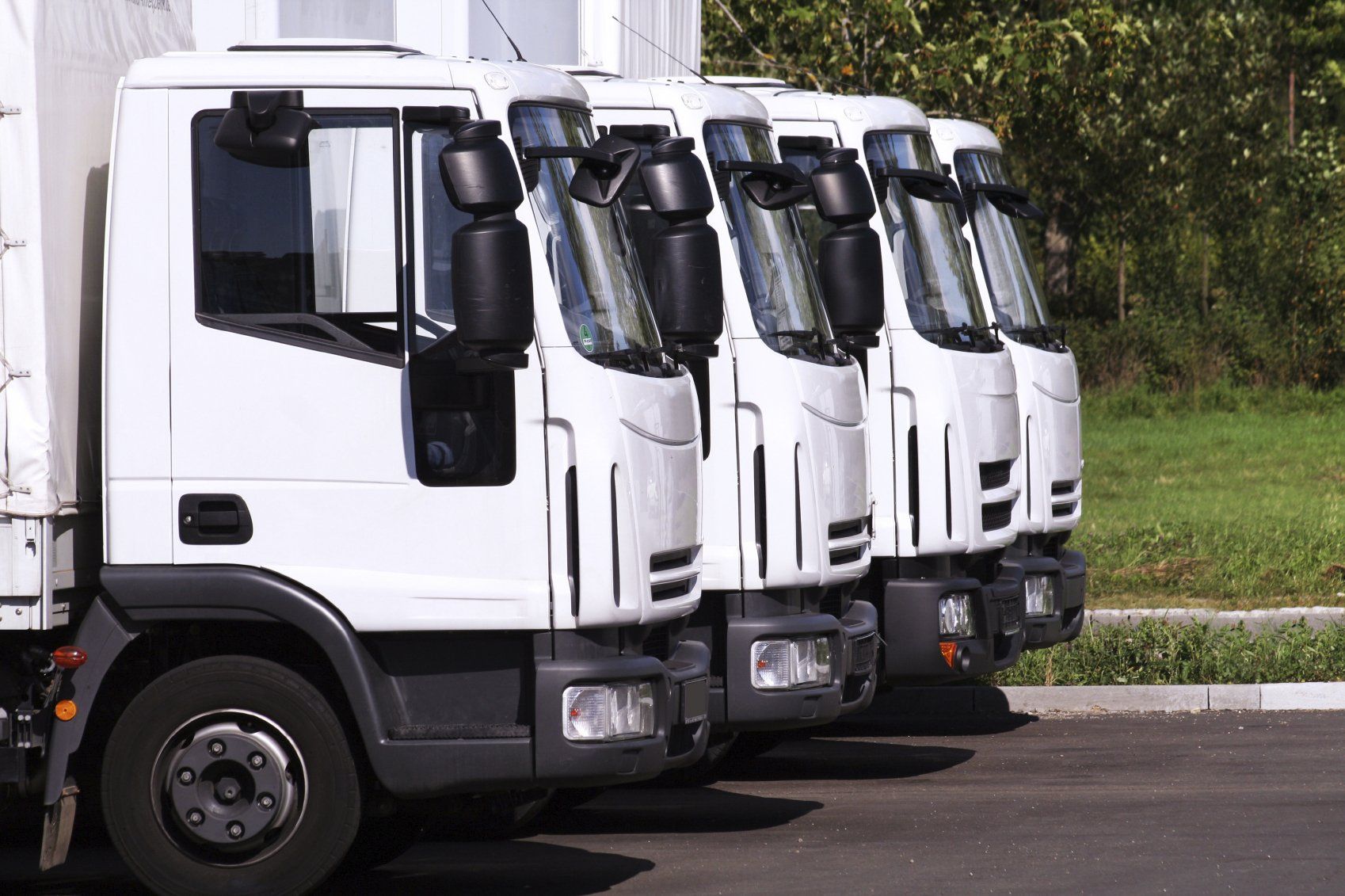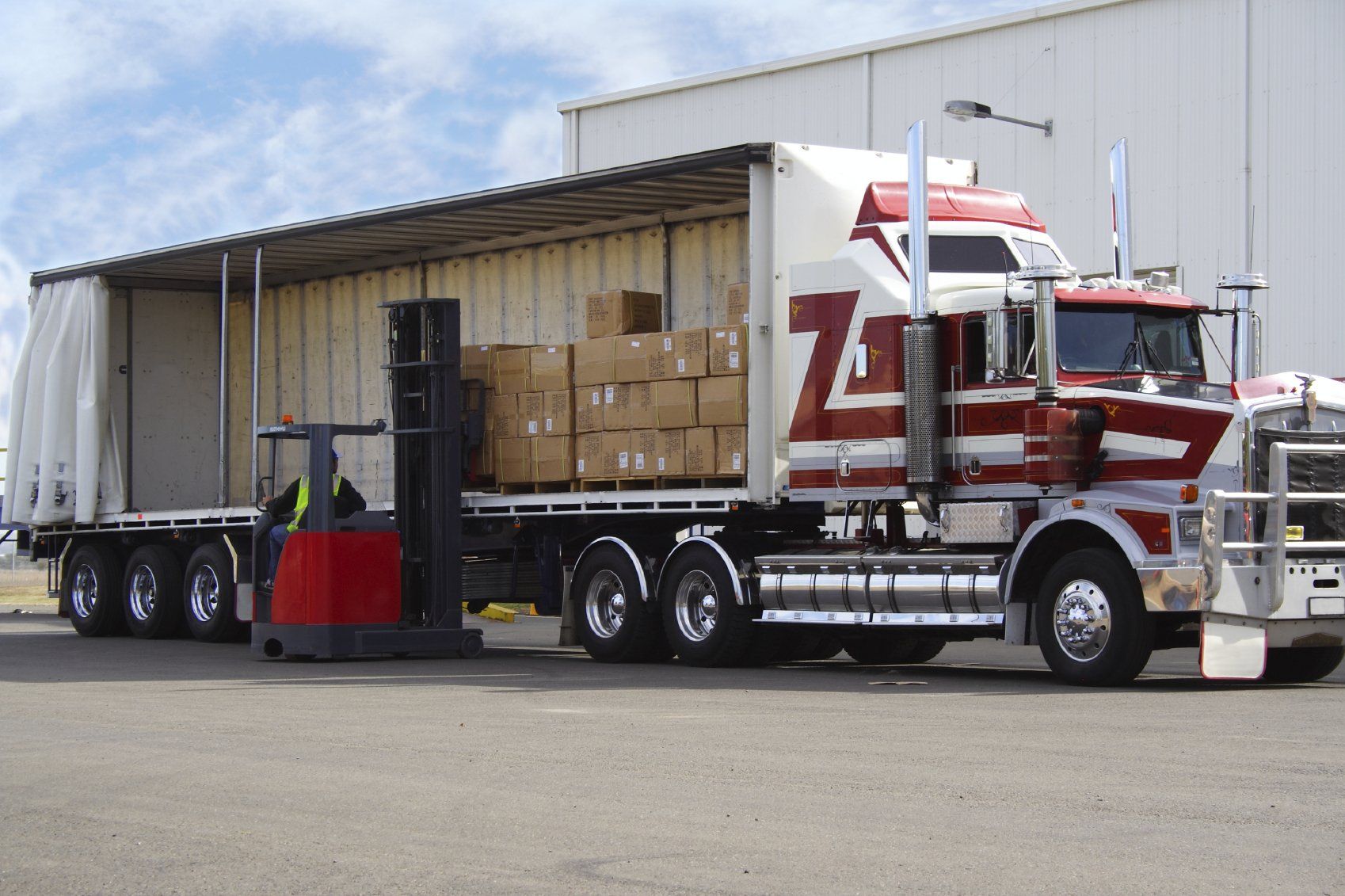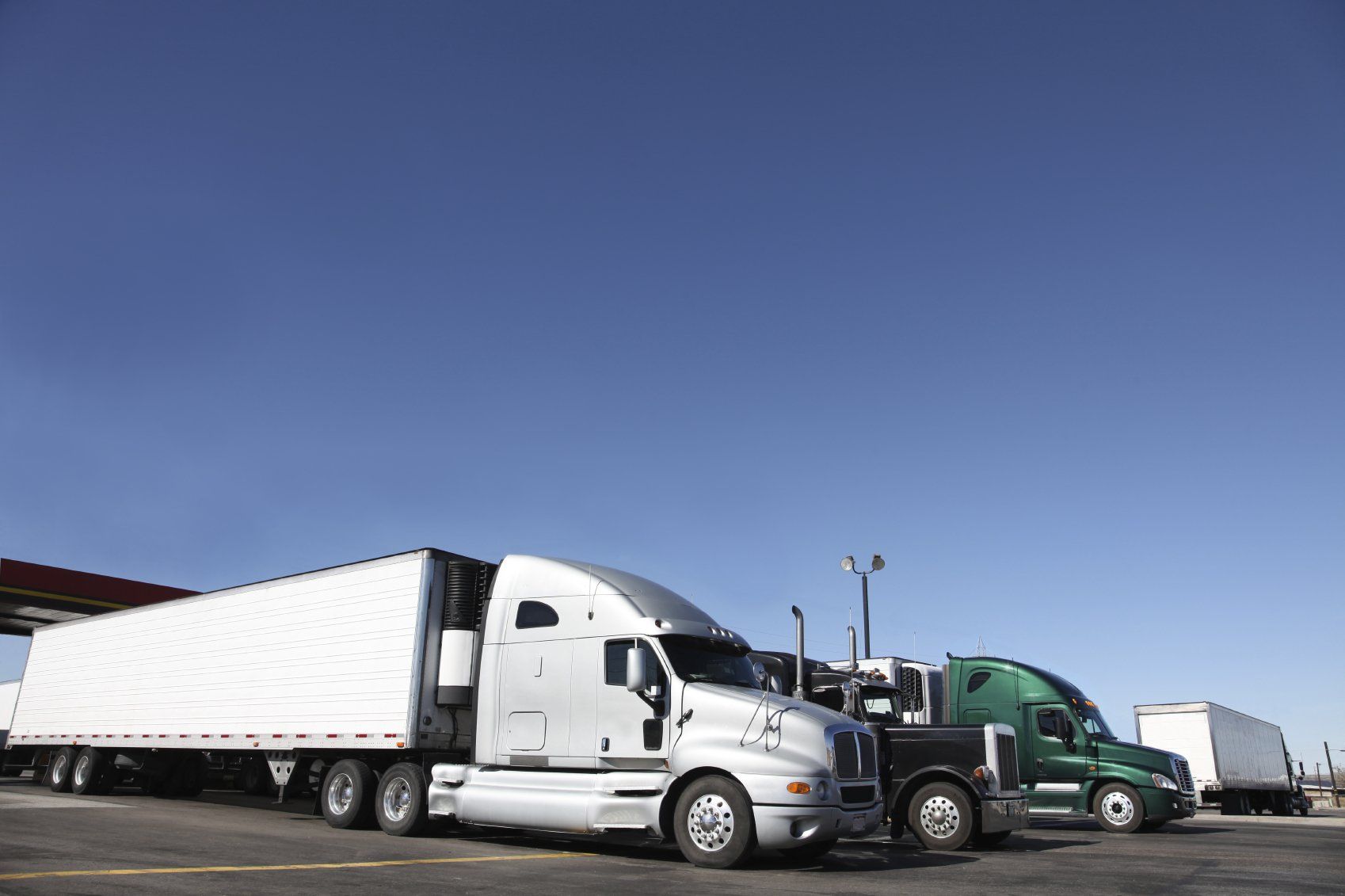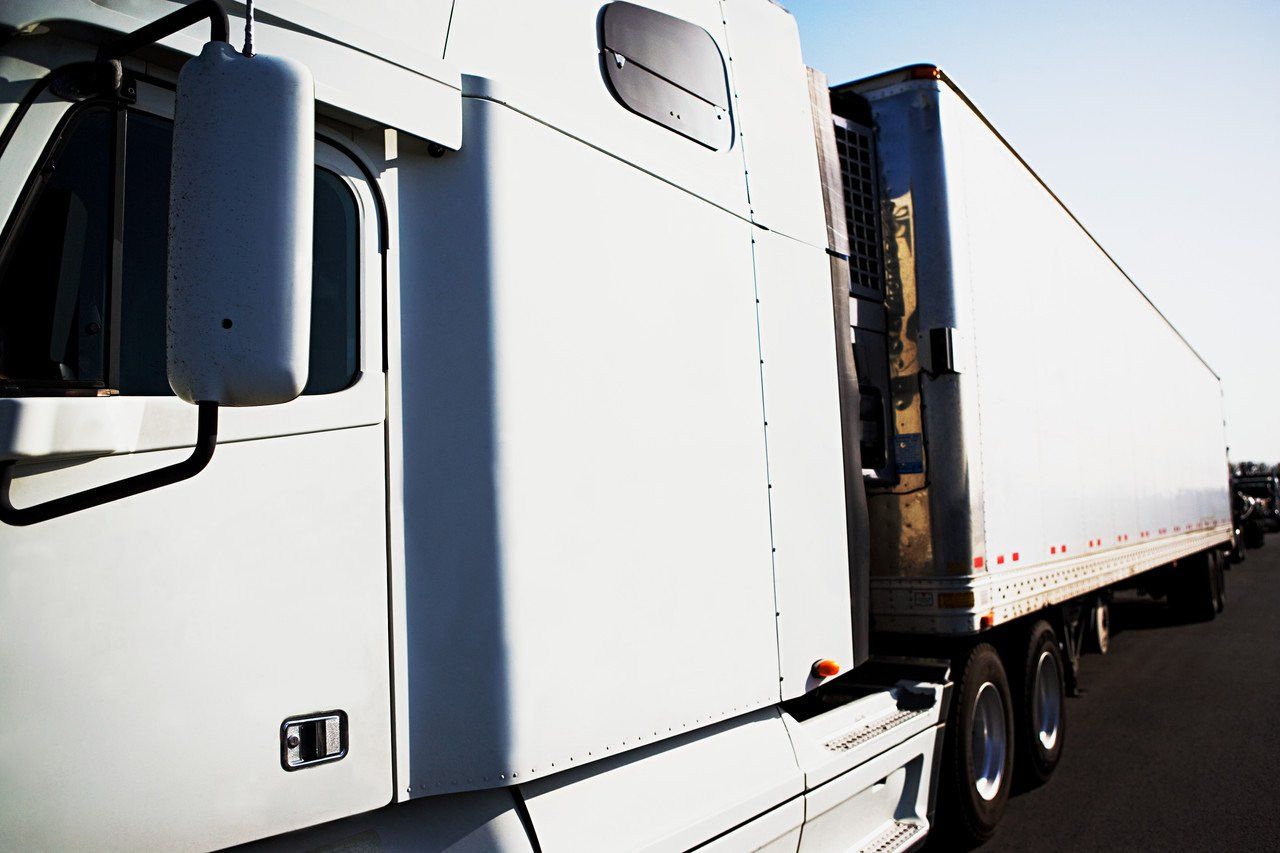Starting a New Trucking Company 101
Starting a new trucking company can be an exciting and profitable venture, but it requires careful planning, significant investment, and thorough knowledge of the industry. Let's break down the essential steps to get your trucking company up and running.
Create a Solid Business Plan
Your business plan is the blueprint for your trucking company. It should outline your business goals, target market, competition, pricing strategy, and financial projections. A well-crafted business plan will not only guide your operations but also help you secure financing and attract potential partners.
Key components of your business plan should include:
- Company Overview: Your mission, vision, and business structure.
- Market Analysis: Research on your target market, industry trends, and competitor analysis.
- Services Offered: The types of trucking services you will provide (e.g., long-haul, regional, specialized freight).
- Marketing Strategy: How you plan to acquire and retain customers.
- Financial Projections: Budgeting, cash flow analysis, and profitability projections.
- Operational Plan: Day-to-day operations, fleet management, and staffing plans.
Secure Financing
Starting a trucking company requires significant upfront investment, including purchasing or leasing trucks, hiring drivers, obtaining licenses, and more. Explore various financing options such as bank loans, leasing arrangements, or investors. Be sure to account for ongoing costs like fuel, maintenance, insurance, and payroll in your financial planning.
Choose the Right Equipment
Your trucks and equipment are the backbone of your business. Decide whether you'll purchase new or used trucks or lease them based on your budget and operational needs. Consider factors like fuel efficiency, capacity, and reliability when selecting your fleet. Don't forget to invest in essential technology such as GPS tracking, fleet management software, and electronic logging devices (ELDs) to ensure compliance and efficiency.
Obtain Required Licenses and Permits
To operate legally, your trucking company must comply with federal, state, and local regulations. Key requirements include:
- USDOT Number: All trucking companies must obtain a United States Department of Transportation (USDOT) number. This number registers your business with the Federal Motor Carrier Safety Administration (FMCSA).
- Motor Carrier (MC) Number: Required for transporting regulated goods across state lines.
- International Fuel Tax Agreement (IFTA): This agreement simplifies the reporting of fuel use by motor carriers operating in multiple jurisdictions.
- International Registration Plan (IRP): A registration agreement for trucks that travel across state or international borders.
- Commercial Driver’s License (CDL): Ensure that all drivers possess the necessary CDL and endorsements for the type of freight you’ll be hauling.
Get Insured
Insurance is a critical aspect of starting and running a trucking company. Trucking insurance can protect your business from significant financial losses due to accidents, cargo damage, or liability claims. Wilkes Agency offers a range of insurance options, including:
- Primary Liability Insurance: Covers damages or injuries caused to others in an accident where your driver is at fault.
- Cargo Insurance: Protects the freight you’re hauling against loss or damage.
- Physical Damage Insurance: Covers repair or replacement costs if your truck is damaged due to an accident, theft, or natural disaster.
- General Liability Insurance: Provides protection against other risks, such as damage to customer property.
- Workers’ Compensation Insurance: Covers medical expenses and lost wages if your employees are injured on the job.
Wilkes Agency has been specializing in commercial trucking insurance since it's start. Our agents are knowledgable and excited to help you build your business.
6. Hire Qualified Drivers
Your drivers are the face of your company and the key to your success. Hire experienced, reliable drivers with the necessary qualifications and a clean driving record. Implement a thorough vetting process that includes background checks, drug testing, and verification of credentials.
7. Establish Safety and Compliance Procedures
Safety is paramount in the trucking industry. Implement a comprehensive safety program that includes regular training for drivers, routine vehicle maintenance, and strict adherence to Hours of Service (HOS) regulations. Keeping your drivers and vehicles in compliance with federal and state regulations will help you avoid costly fines and legal issues.
8. Develop Strong Customer Relationships
Building a loyal customer base is essential for the long-term success of your trucking company. Focus on providing excellent customer service, meeting delivery deadlines, and maintaining open communication with your clients. Consider offering flexible service options or competitive pricing to attract and retain customers.
9. Monitor and Optimize Your Operations
Once your trucking company is up and running, it’s important to continually monitor your operations and seek ways to improve efficiency. Use fleet management software to track your trucks, monitor fuel usage, and optimize routes. Regularly review your financial performance and adjust your strategies as needed to maximize profitability.
10. Stay Informed and Adapt
The trucking industry is constantly evolving, with new regulations, technology advancements, and market trends. Stay informed about industry changes and be ready to adapt your business strategies accordingly. This will help you stay competitive and grow your trucking company over time.
Starting a trucking company is a complex but rewarding endeavor. By following these steps and working with trusted partners like Wilkes Agency, you can build a successful and sustainable trucking business. Our team is here to support you every step of the way, from securing the right insurance coverage to navigating the regulatory landscape.
For more information or to speak with one of our knowledgeable agents, contact Wilkes Agency today. We're committed to helping you drive your business forward.
